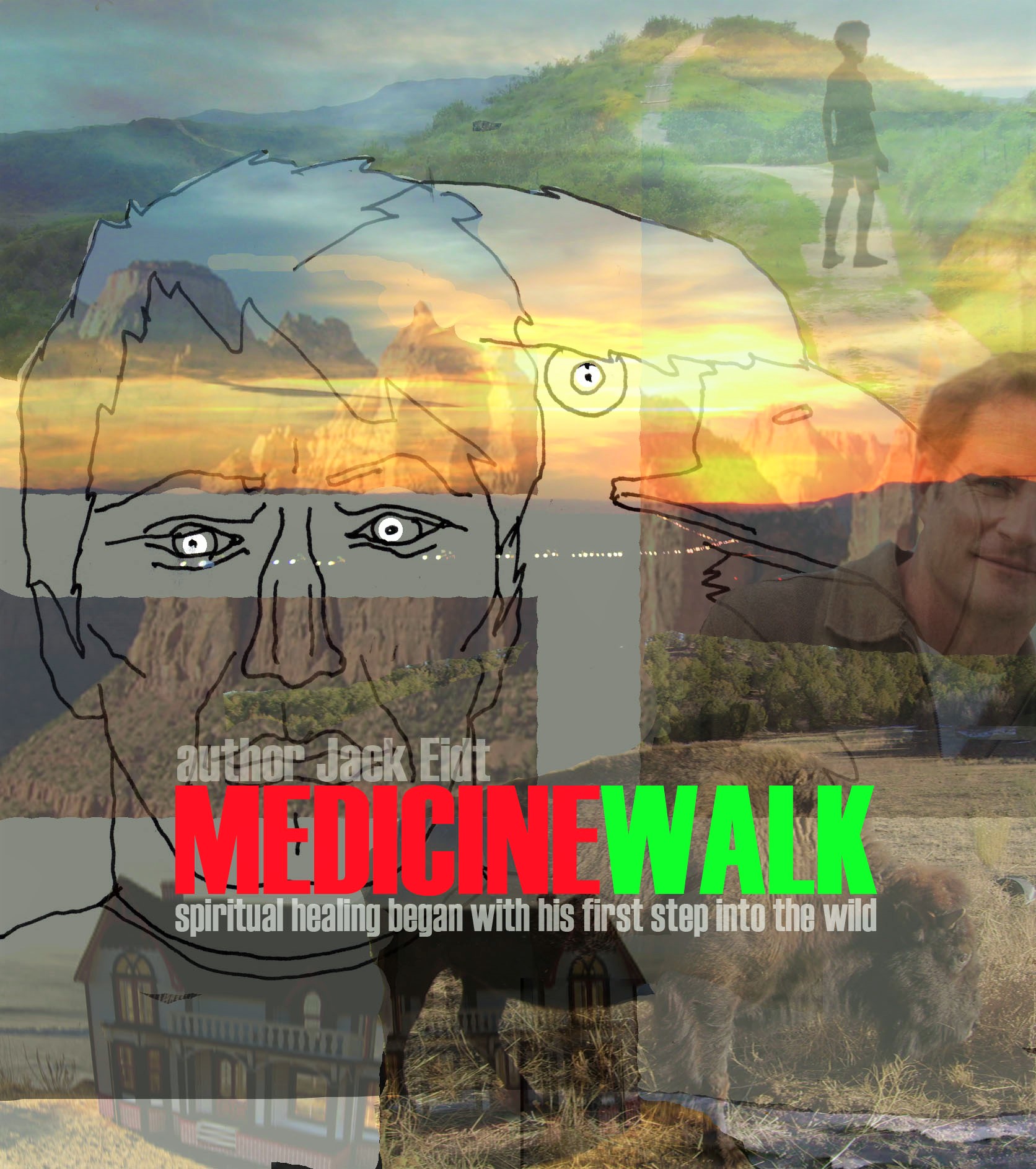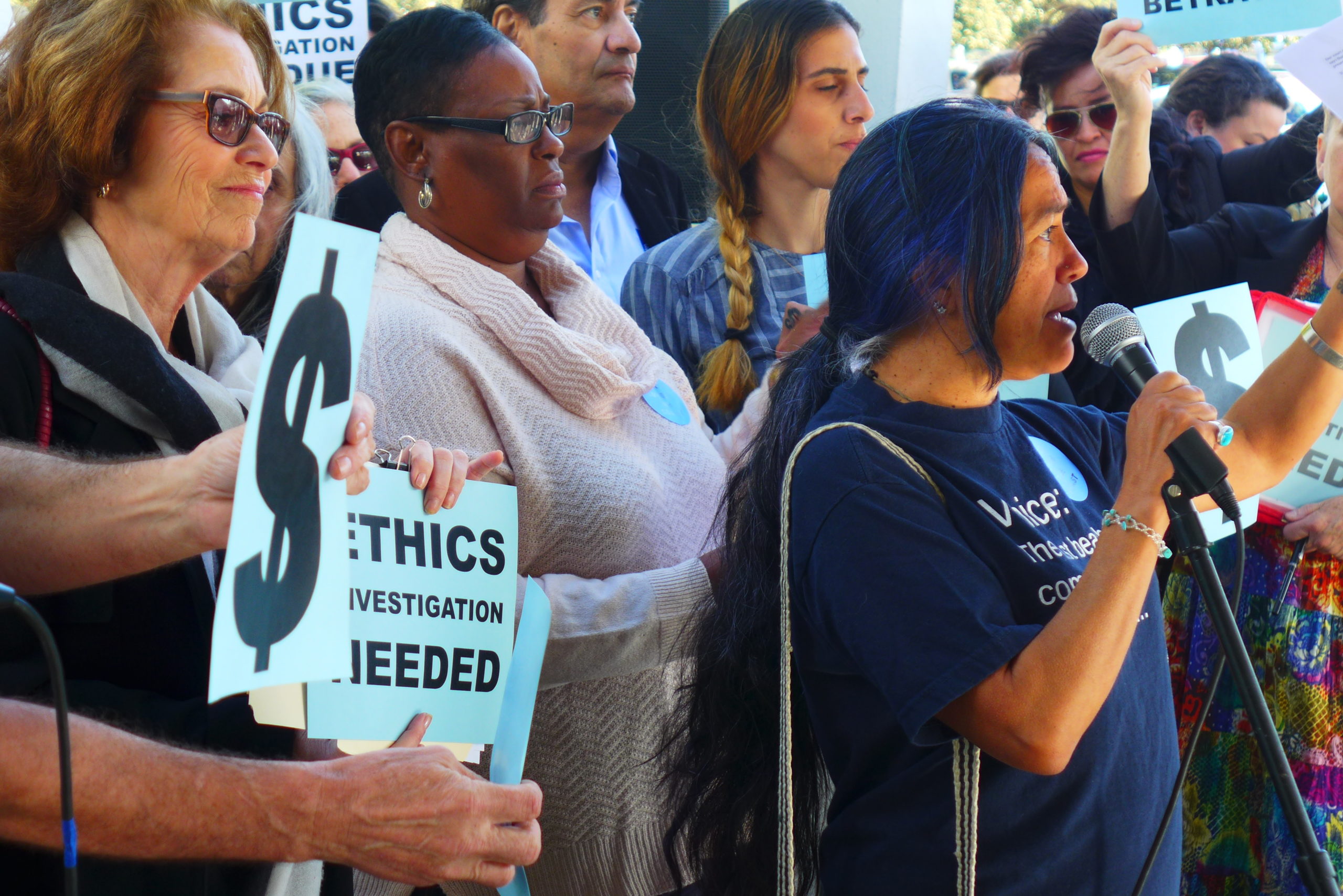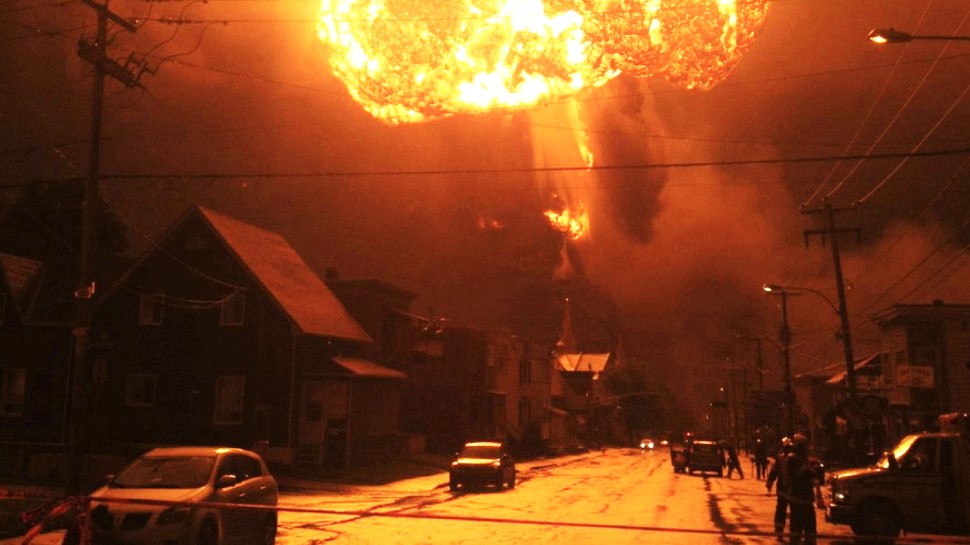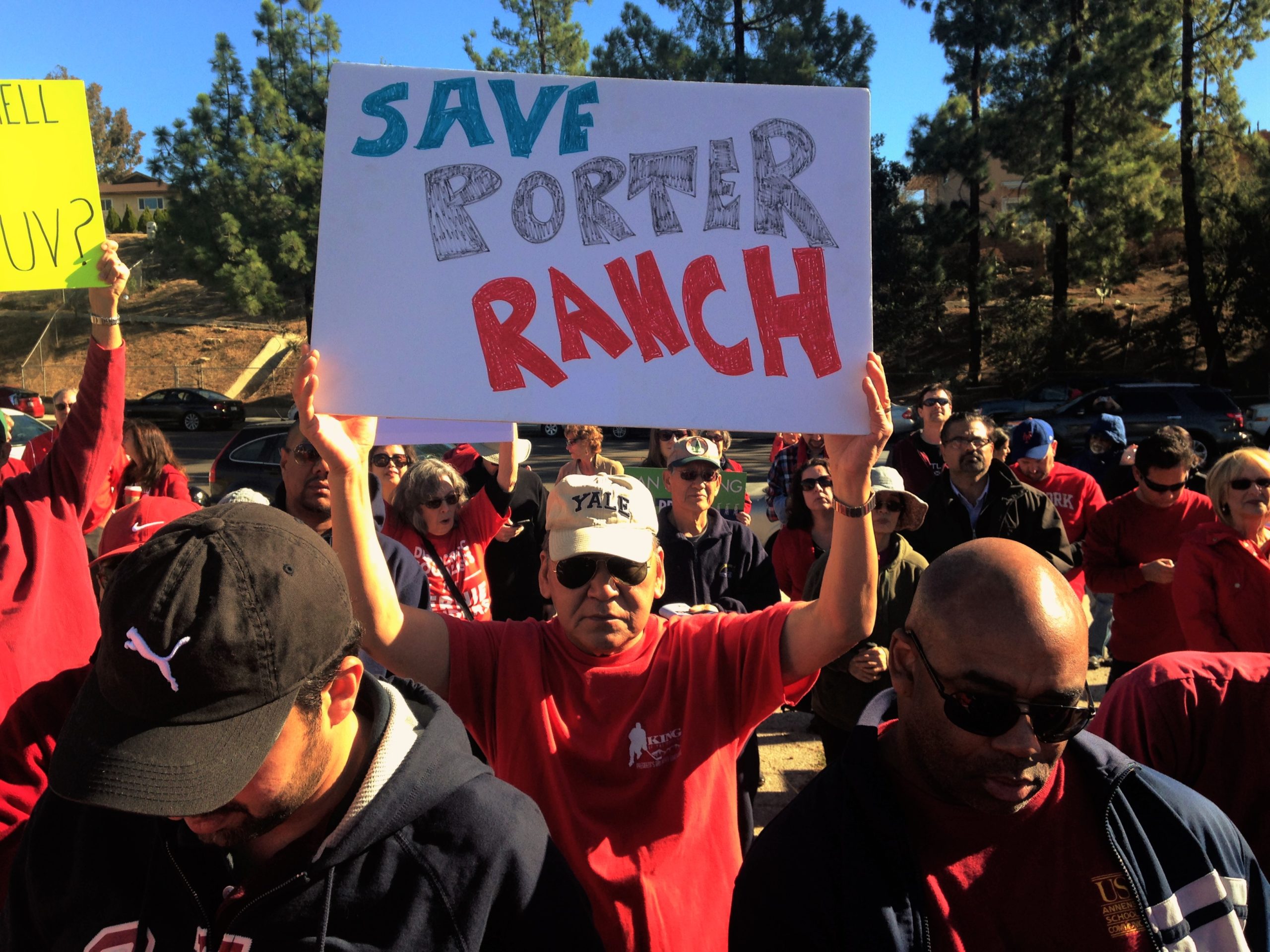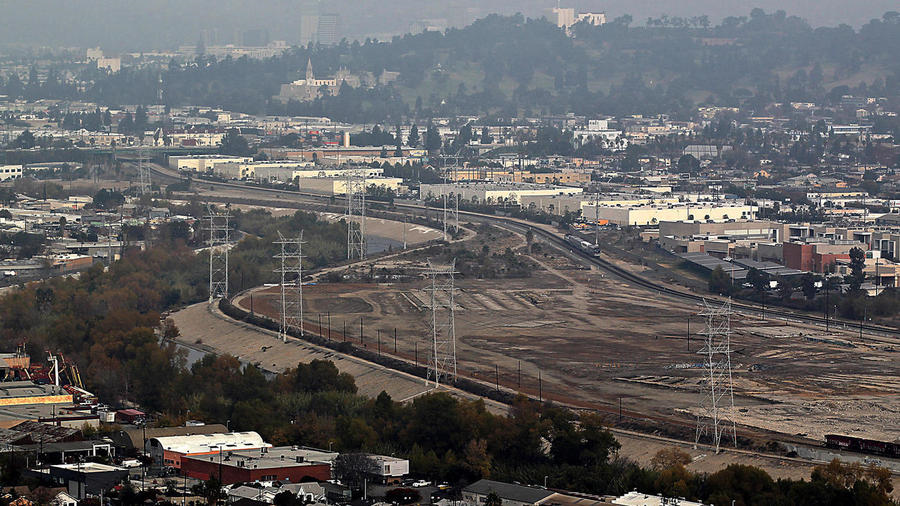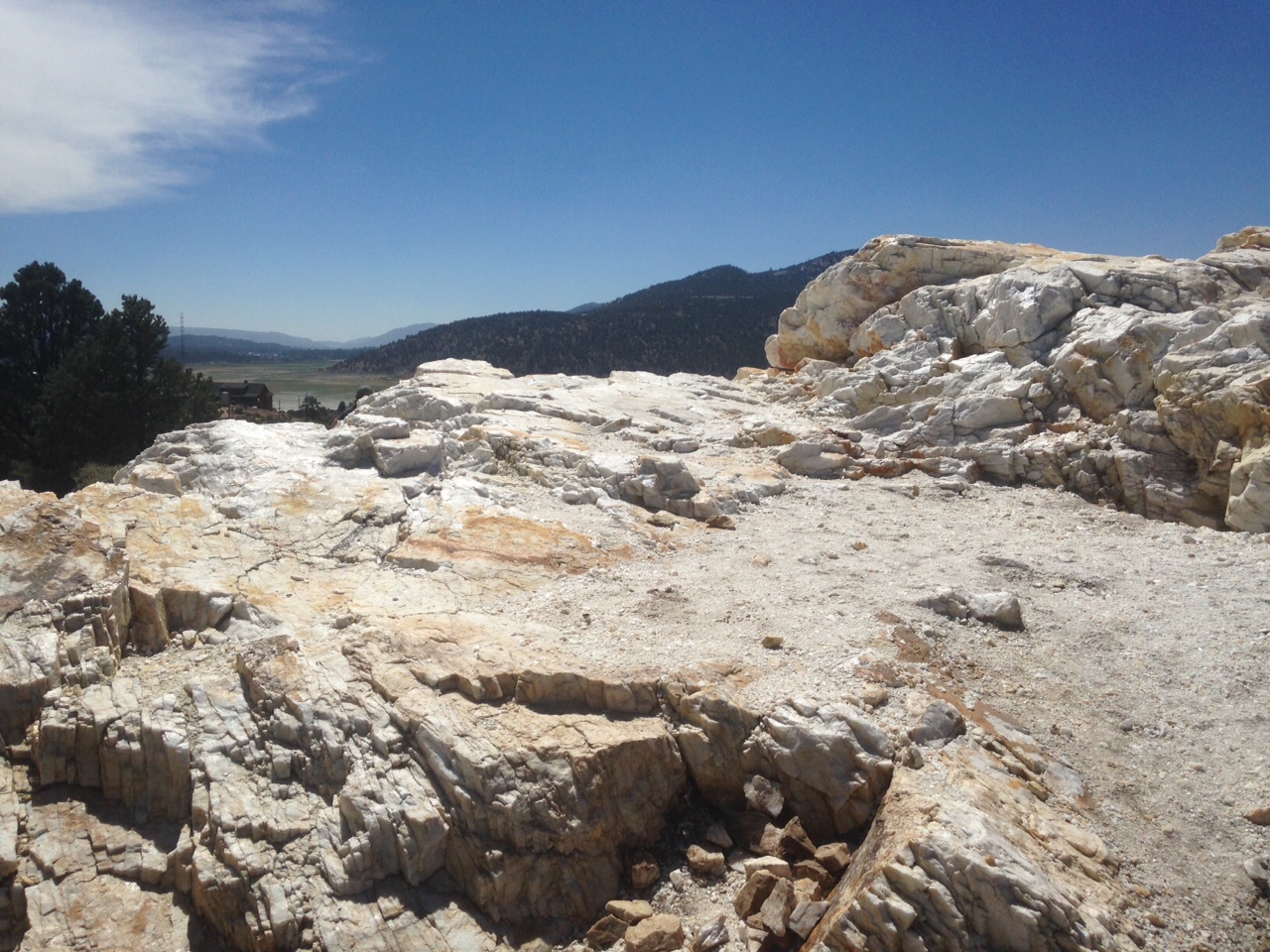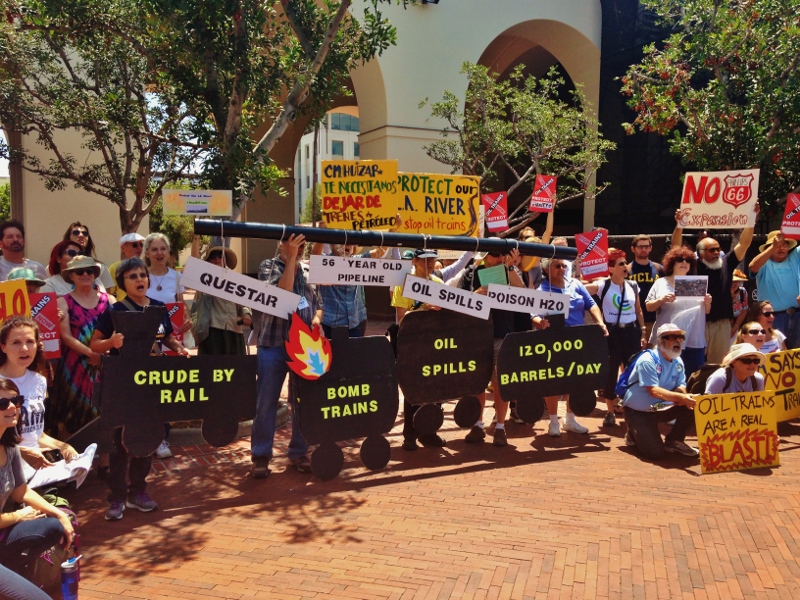Jack Eidt, reading from a literary vision quest called “Medicine Walk,” Part of Environmental and Activist Poetry/Fiction at Beyond Baroque Literary Arts Center in Venice, CA. 12/5/2015, from the Vision LA 2015 Climate Change Arts Festival.
Tag: Jack Eidt
Power, Influence, and Obfuscation: A Plan to Game the California Coastal Act
Why did Coastal Commissioners dump popular Executive Director Charles Lester in a closed session at their February meeting in Morro Bay? It is part of a plan by well connected lobbyists and lawyers pushing environmentally damaging projects for their wealthy clients.
Tar Sands Oil “Bomb” Trains Proposed for California
We must find cleaner, safer alternatives to these ecosystem-fouling, climate-disrupting extreme fossil fuels like tar sands and fracked oil shale, and their exploding oil trains, bursting pipelines, and accident-prone refineries.
Dire Ecological Consequences of the Porter Ranch Gas Leak
The ongoing ecological disaster has been “temporarily controlled” in Porter Ranch, California, an affluent Los Angeles suburb. Yet, families continue to get sick, and SoCalGas/Sempra wants to oversee the testing inside of homes. While the Regional Air Quality regulators requested they close the leaking well down, the AQMD failed to listen to community demands for a permanent shut down of Aliso Canyon Storage Facility.
L.A. River Must Transform as Watershed, Transportation Corridor
Takeaways from a recent Green Festival Expo discussion on the Los Angeles River Revitalization include that the job of planning for water resiliency belongs to all of us, not Frank Gehry regardless of his recent charge, and we must also consider how public access, parkland, ecosystem restoration, cargo and passenger rail, bicycle greenways, and anti-gentrification environmental justice will fit into the mix. Collaboration is the key.
Eye of God: Big Bear’s Sacred Site of Creation
Big Bear in the San Bernardino Mountains has year-round outdoor attractions, including skiing, hiking, boating, and fishing. Yet long before the resorts, the area was called Yuhaviat, or “Pine Place” by the original inhabitants, the San Manuel Band of Serrano Mission Indians, with their sacred site of snow quartz called the Eye of God.
Hundreds Rally in Los Angeles to Stop Oil Trains
On July 11, Los Angeles joined communities across North America to call for a halt to shipping volatile and toxic crude oil via unsafe rail cars, which has caused numerous derailment explosions during the last six years as the practice has increased 4,000%. In particular, activists call for the City of L.A. to protect their communities and $1.3 billion river revitalization by opposing a crude by rail expansion in San Luis Obispo.

